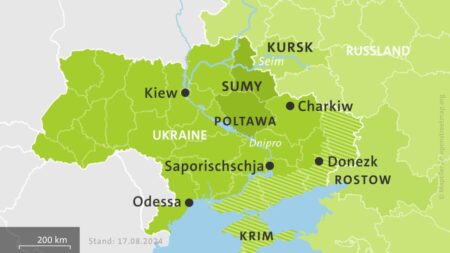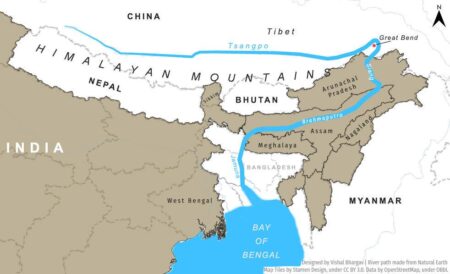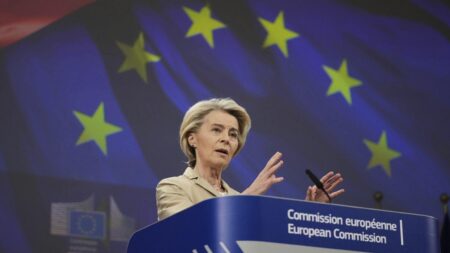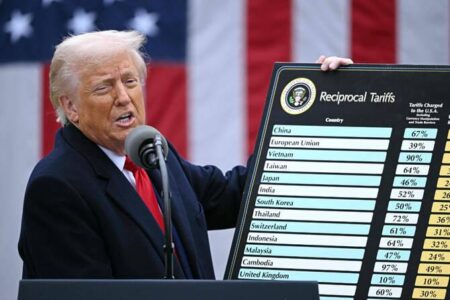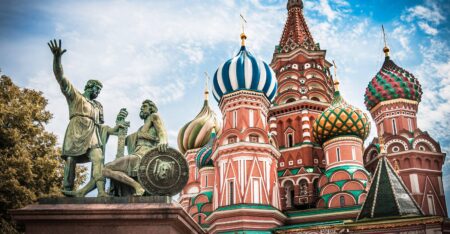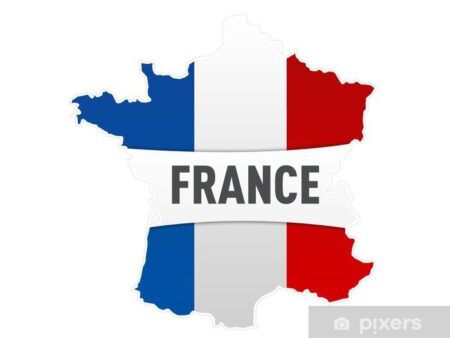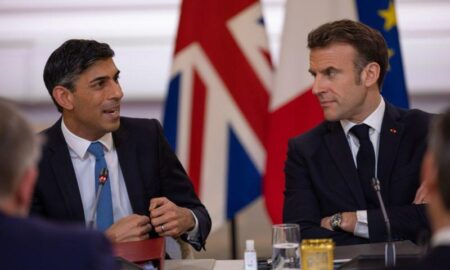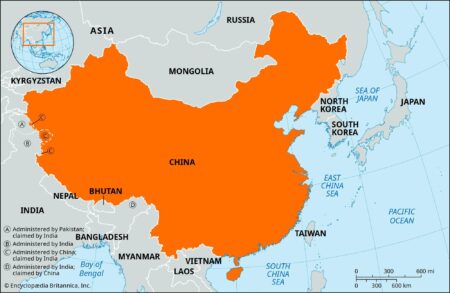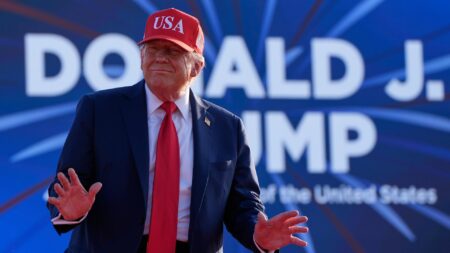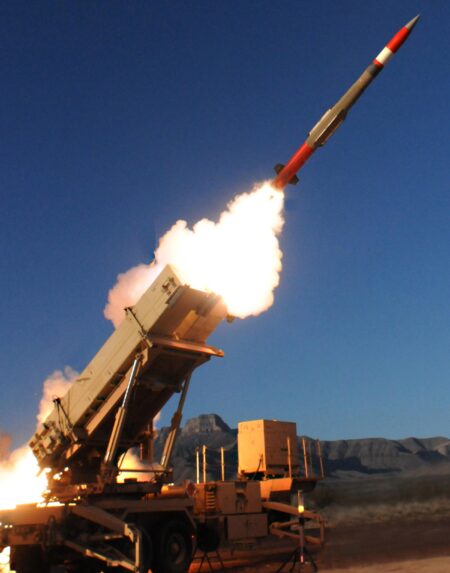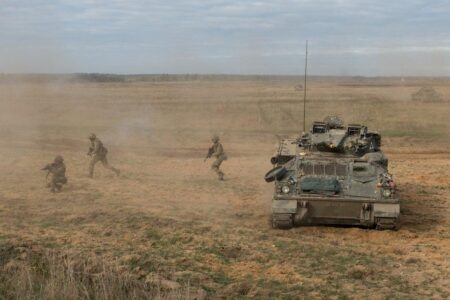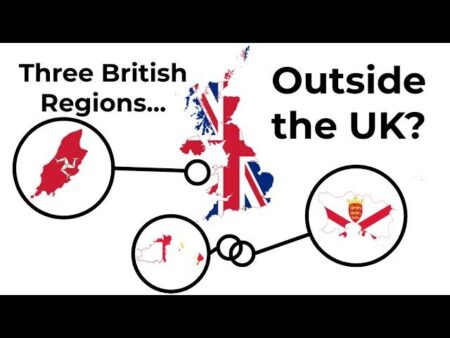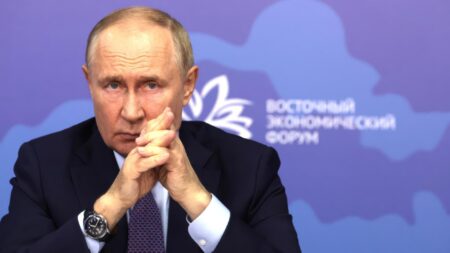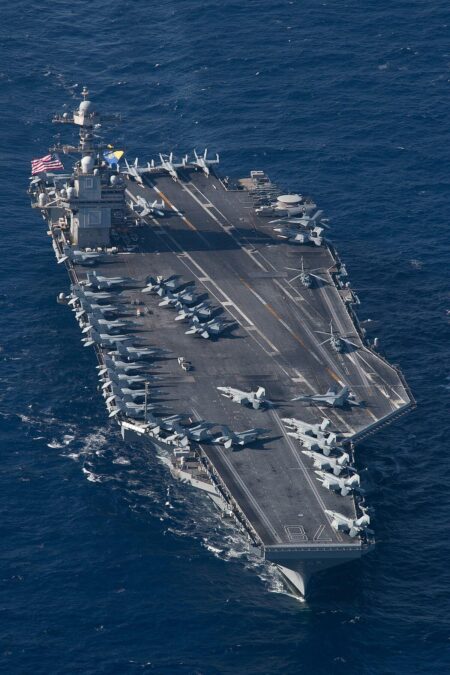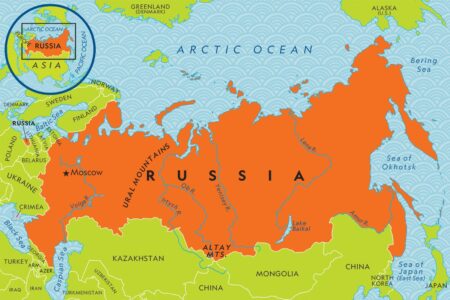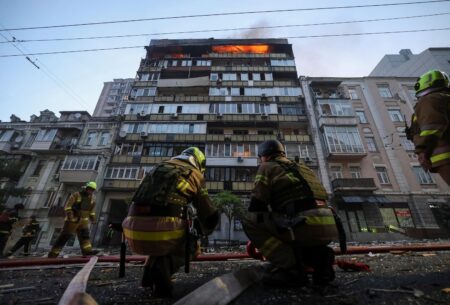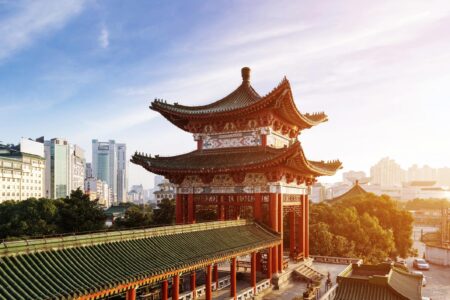Ukraine has unveiled an ambitious new proposal for peace talks with Russia, aiming to reignite stalled negotiations next week amid the ongoing conflict, The Guardian reports. However, neither side has yet confirmed their participation
Browsing: Geopolitics
China has launched a bold and ambitious dam project on the Brahmaputra River in Tibet, sparking serious concerns in India over possible control of water flow and risks to water security. Experts warn that this move could dramatically impact agriculture and disrupt the livelihoods of millions living downstream
The EU has unleashed a bold new wave of sanctions targeting Russia’s energy sector, aiming to drastically cut Moscow’s revenue as tensions continue to rise. These decisive actions focus on restricting the flow of oil and gas exports to Europe, intensifying the pressure on Russian energy supplies
Former President Donald Trump’s new tariff threats against Russia could prompt President Vladimir Putin to reconsider his stance on the Ukraine conflict, potentially paving the way for a breakthrough peace agreement, analysts suggest
Russia has launched a “deliberate” strike on a factory inside a NATO ally’s borders, escalating tensions in an already volatile region, Newsweek reports. Authorities are actively investigating the incident as concerns continue to mount
France and Italy have chosen to steer clear of former President Trump’s proposed Ukraine weapons fund, casting serious doubts on its effectiveness and transparency. This move delivers a major setback to the initiative aimed at bolstering Ukraine’s defense capabilities
The new France-UK nuclear entente marks the dawn of a bold era in defense collaboration, supercharging joint deterrence and igniting groundbreaking technological innovation as both nations steer through the evolving geopolitical currents of the Atlantic region
China has dismissed U.S. Senator Lindsey Graham’s recent threats against Russia as unnecessary, urging Washington to prioritize diplomacy and work towards preserving stability. This message comes amid rising tensions in Eastern Europe
Germany’s Friedrich Merz and the UK’s Keir Starmer joined forces to strengthen their alliance amid evolving global challenges. Their discussions focused on enhancing economic cooperation and boldly addressing shared geopolitical issues
Former President Trump delivers a bold ultimatum: if a deal to end the Ukraine war isn’t struck within 50 days, he will unleash tariffs on Russia, intensifying pressure amid the ongoing conflict, CBS News reports
Germany is acquiring US Typhon missiles capable of reaching Moscow, emphasizing that this move is purely defensive. Officials stress that this upgrade aims to strengthen deterrence amid rising tensions. – UNITED24 Media
Former President Donald Trump has announced that the US will be sending Patriot missile systems to Ukraine, marking a significant escalation in military aid as the conflict with Russia heats up, according to Al Jazeera
The UK has joined forces with 18 other nations in Australia’s largest-ever war exercise, unfolding amid rising regional tensions. As China is expected to closely monitor the drills, this bold collaboration highlights the intensifying strategic rivalry shaping the Indo-Pacific, Sky News reports
French President Emmanuel Macron delivered a compelling call for the UK and France to break free from their dependence on the US and China, stressing that protecting national sovereignty and economic stability is crucial. He fervently championed a bold leap toward stronger European strategic autonomy
Rosenberg reveals that Russian President Vladimir Putin remains steadfast in advancing his agenda, completely undeterred by the looming threat of harsher international sanctions. This bold stance underscores Moscow’s fierce defiance amid escalating tensions
US allies in Europe are flexing their aircraft carrier might near China, delivering a bold show of naval power amid escalating tensions. This move underscores a united front in defending regional security and upholding freedom of navigation
Russia has delivered a sharp warning to the US, South Korea, and Japan, condemning their plans to form a security alliance aimed at North Korea. Moscow calls these moves provocative and urges all sides to show restraint to maintain peace and stability in the region
China has enthusiastically reopened its doors to international travelers, signaling a dynamic move to reconnect with the global community. Meanwhile, the U.S., during Trump’s administration, took a different route-imposing stricter immigration and travel controls that significantly limited entry opportunities
Russia launched an unprecedented drone assault on Ukraine mere hours after former President Donald Trump targeted Vladimir Putin, escalating the already tense conflict. The attack struck multiple Ukrainian cities, unleashing widespread chaos and disruption
China has responded cautiously to reports that Iran is seeking to acquire J-10 fighter jets. This move highlights the strengthening military relationship between the two nations amid rising regional tensions, drawing worldwide attention and sparking intense scrutiny

